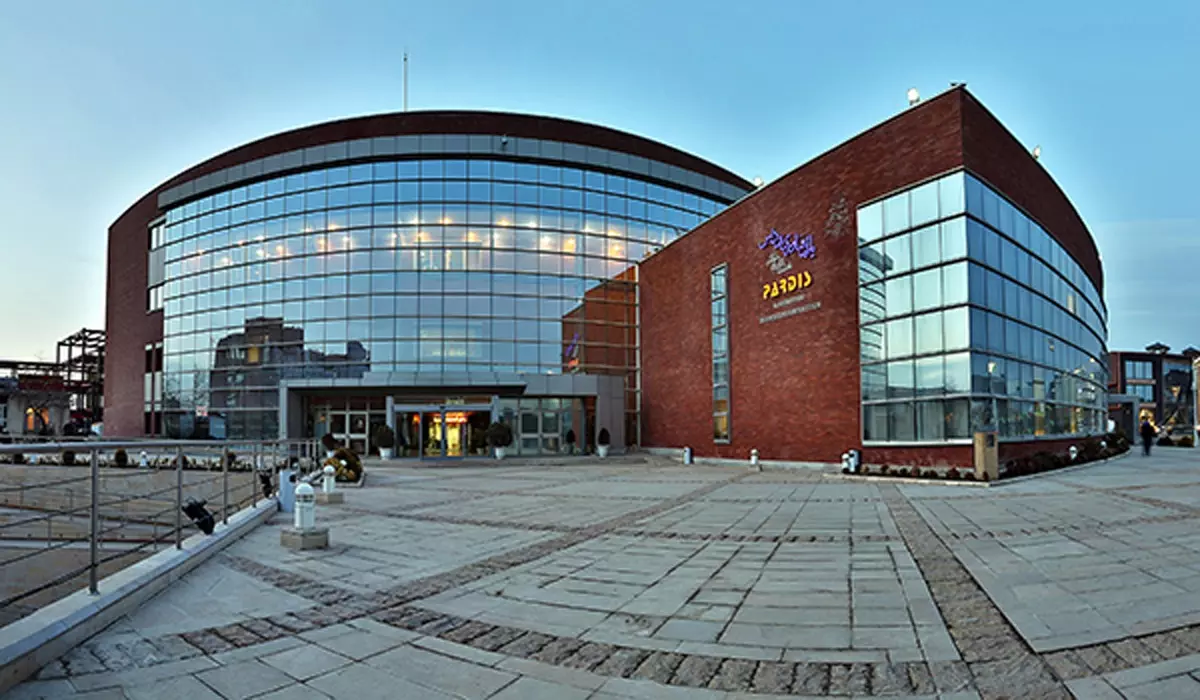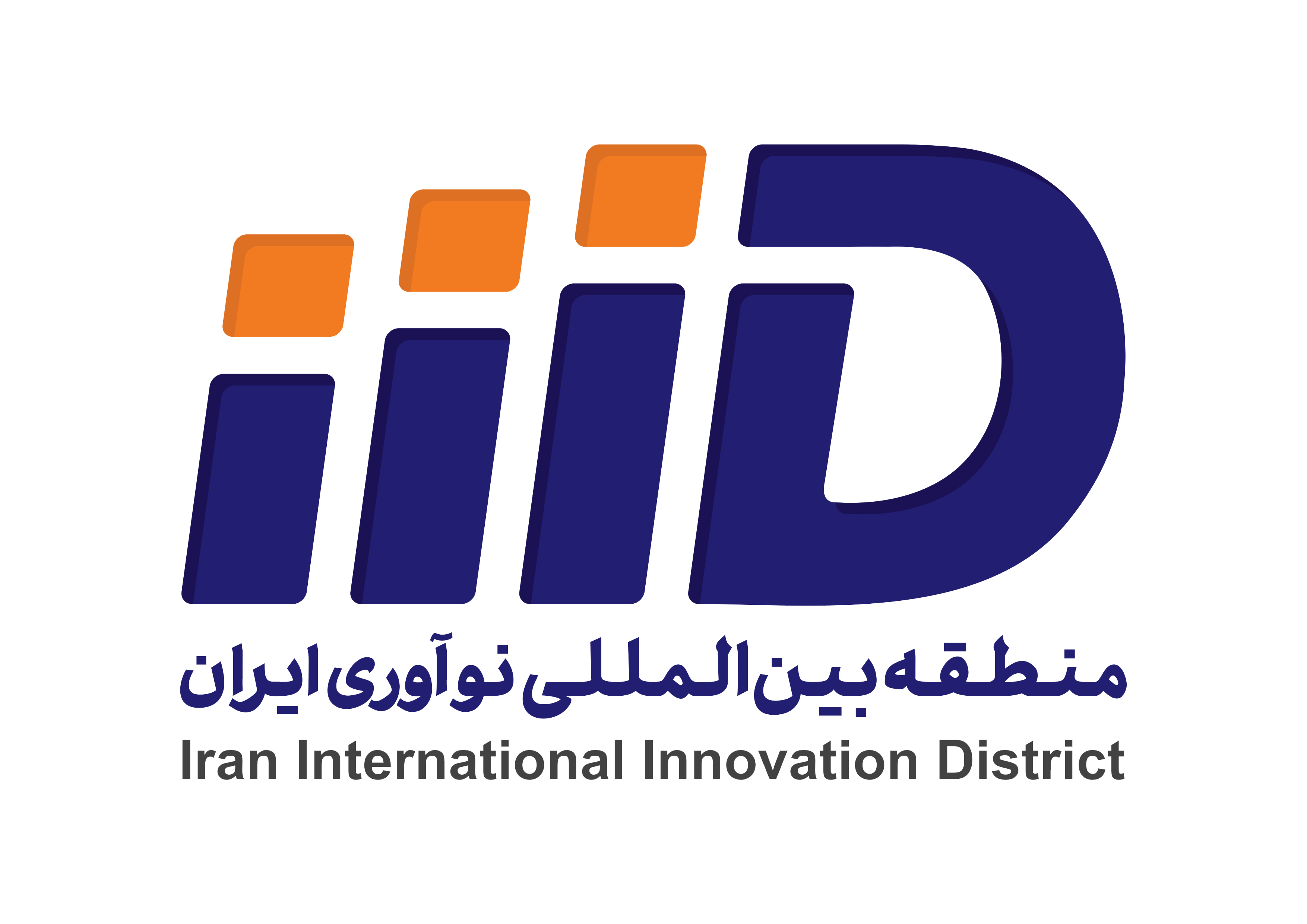Italian expert's report of Iran's economy development despite sanctions:
Pardis Technology Park Enjoys 10% Share of Revenues and Exports of Iran’s Science and Technology Parks

Italian expert Giancarlo Elia Valori believes that Iran's economy and scientific advances are developing rapidly despite the Western sanctions, and the knowledge-based economy plays a significant role in this regard.
As an example, Pardis Technology Park, with 500 companies, enjoys 10% share of the revenues and exports of Iranian science and technology parks, Elia Valori said in his article.
Due to sanctions, the Iranian government has to face difficult challenges in curbing the economic shocks, he added.
Therefore, the government intends to overcome the problems and control them by creating effective mechanisms, especially in the financial and production sectors, especially since Iran's economy is affected by the strong presence of the government in these sectors, he stated.
The Iranian government considers the support policies in the field of innovation and technology as an important priority to reduce the impact of sanctions on knowledge-based industrial companies.
For example, since 2018, Iran National Innovation Fund (INIF) has undergone a major overhaul. This fund has transformed from a banking institution to an observer and provider of financial resources for knowledge-based companies to help them overcome obstacles in the financial sector.
INIF is obliged to coordinate its programs with other research and technology funds and the banking network.
It is also introducing new investment plans and improving its organizational structure and methods.
For Iranian organizations, receiving resources from the government budget does not guarantee that the full amount will be transferred to them.
By 2020, 87% of the amount allocated for the INIF was guaranteed.
INIF has played an essential role in providing facilities to knowledge-based companies, including supporting the production of a high-quality sample product from the final product (prototype), installment purchase, leasing, working capital and risk management, providing office spaces, pre-purchase activities, industrial production workshops, issuance of bank guarantees and supportive programs, he said.
He termed moving towards science, technology and innovation, as one of the new policies adopted by Iran.
Until then, more attention was paid to the development of higher education and increasing the number of academic articles, he stated.
In the 1990s, support for emerging technologies was focused, and ten years later, the main results of the first generation policies manifested themselves in increasing university productivity in the field of emerging technologies, especially with the creation of science and technology parks.
Supportive policies for the innovation areas in Iran can be divided into three phases.
As of 2018, universities hosted 45 active science and technology parks and 193 growth centers.
Pardis Technology Park is the largest park in the field of technology, which includes 500 companies and 6 thousand employees.
It has enjoyed 10% share of the revenues and exports of Iranian science and technology parks.
The second phase includes creating spaces in big cities where startups, investors and other innovation players can meet and share their experiences.
Some bankrupt factories were reconstructed and turned into innovation factories to host this new generation of entrepreneurs.
Azadi Innovation Factory and "Highway" were established in Tehran in 2017 and 2019 and are branches of Pardis Technology Park.
Startups and departments related to "Azadi" and "High Way" innovation factories have the privilege of accessing the facilities of the Pardis Technology Park.
Azadi Innovation Factory with an area covering 18,500 square meters offers 3,500 graduates and young entrepreneurs’ space to work.
Startups operate in a variety of fields, including architecture and urban living, artificial intelligence, biotechnology, creative content, cyber security, fintech (which are applications and technologies used to support or enable banking and financial services), and insurance, nanomedicine, and tourism.
High Way innovation factory is able to employ 500 employees.
It was formed with the presence of 20 startups in the field of information and communication technology, medical equipment, management, development of creative contents and agriculture.
There are plans to launch other innovation factories in major cities by the end of 2023.
The third stage is the creation of the innovation platform, higher education centers in urban areas are transformed into third-generation universities, known as entrepreneurial universities.
It is aimed at filling the gap with traditional universities and improving the position of universities in the overall framework of the innovation ecosystem.
"Sharif Innovation Zone" is an example of this approach.
By 2017, more than 500 startups were founded by students, graduates and professors of Sharif University of Technology based on the Towards Developing Entrepreneurship platform.
Iran's judicial system has established a special council to resolve disputes between companies and elites.
Its headquarters is located in Pardis Technology Park.
In this third generation of policies, the vice presidency for science and technology has moved from an approach based on the national innovation system in which government actors are the main centers of innovation, and developed an approach based on the innovation ecosystem.
In this approach, knowledge-based companies and technology-based startups are supported, and their innovation capability is linked to meeting national and industrial needs.
Quick Access

Address: Pardis Technology Park, 20th km of Damavand Road (Main Stresst), Tehran I.R. Iran.
Postal Code: 1657163871

Tel: 76250250 _ 021

Fax: 76250100 _ 021
E-mail: info@techpark.ir

website:iiid.tech









